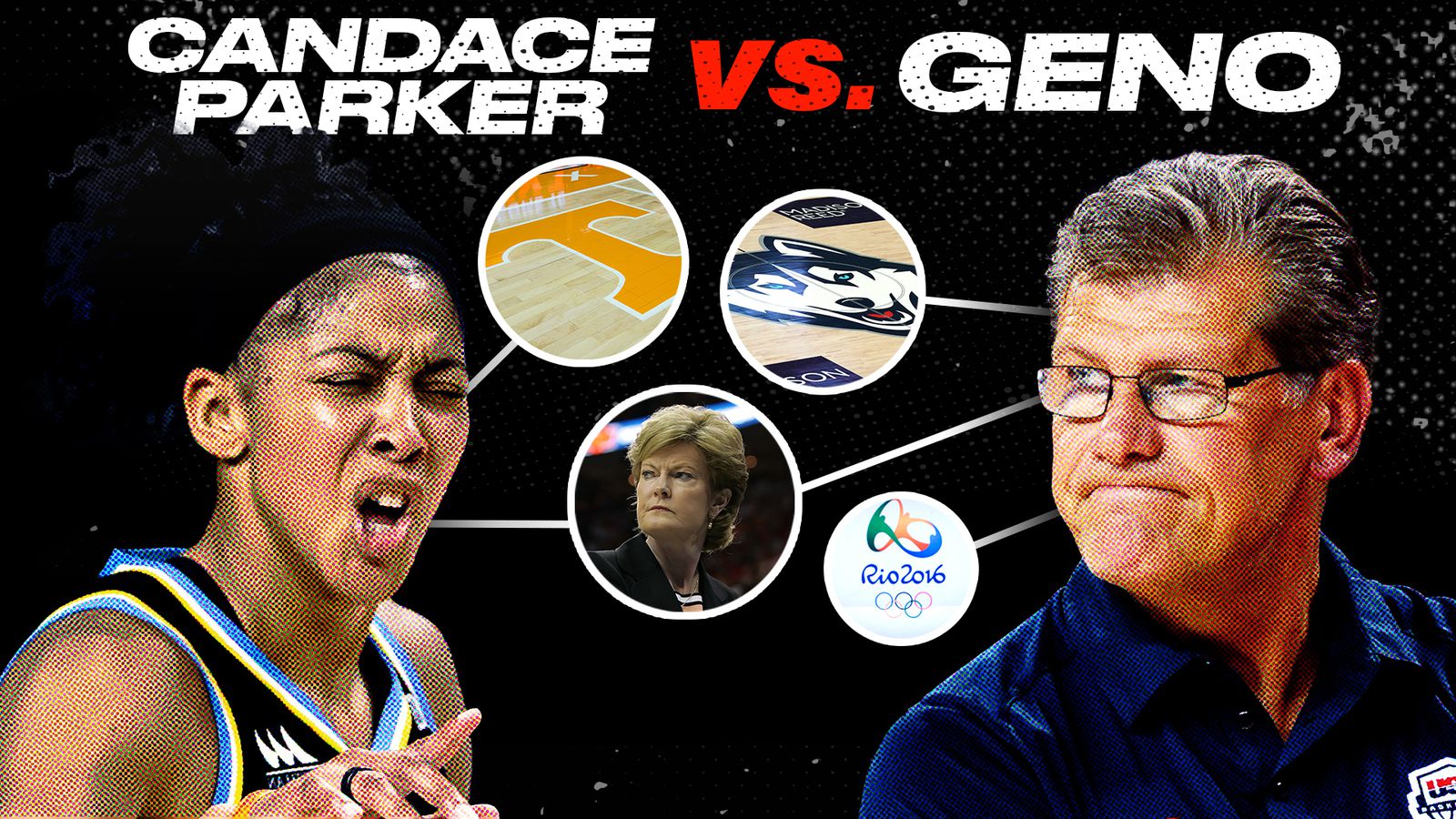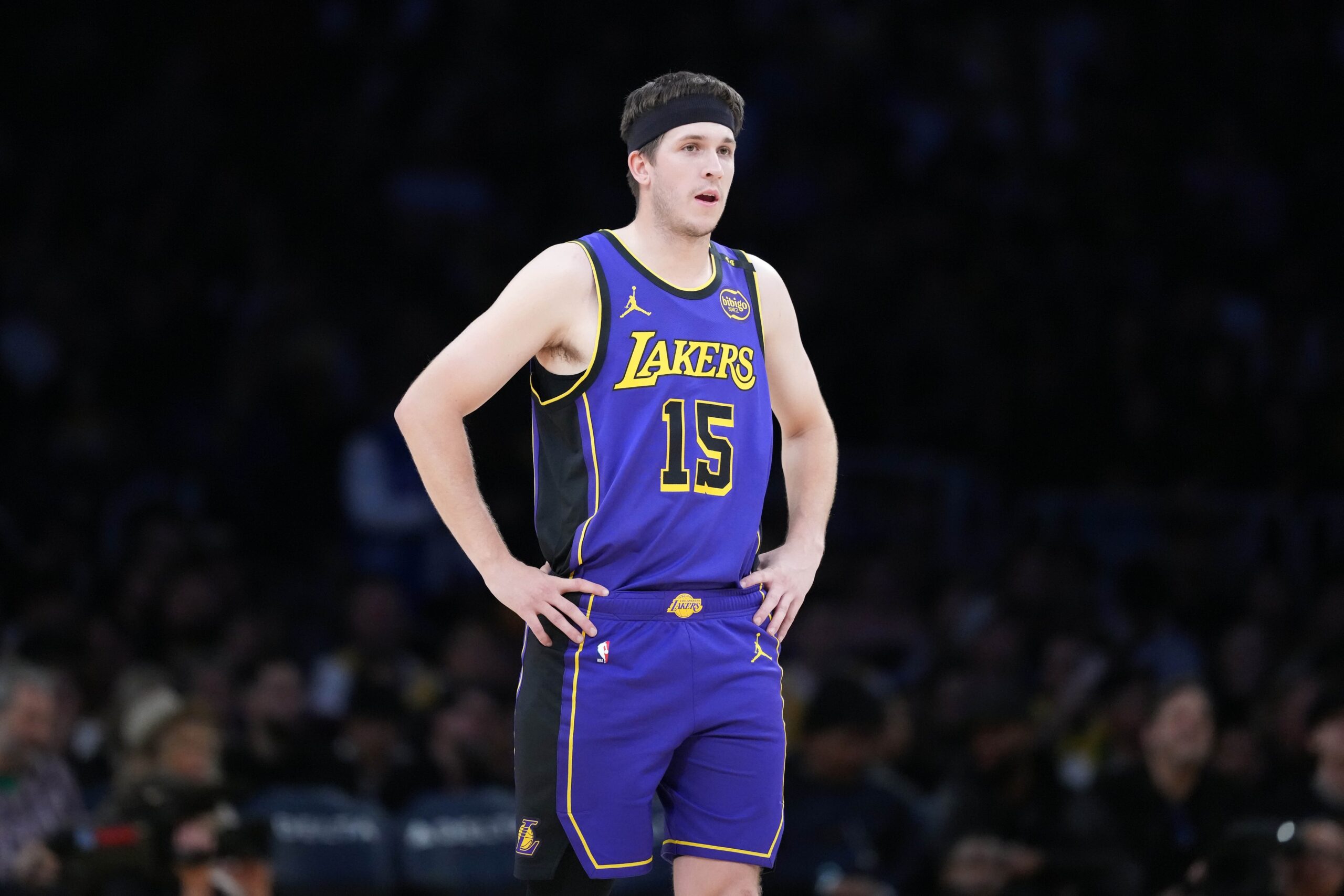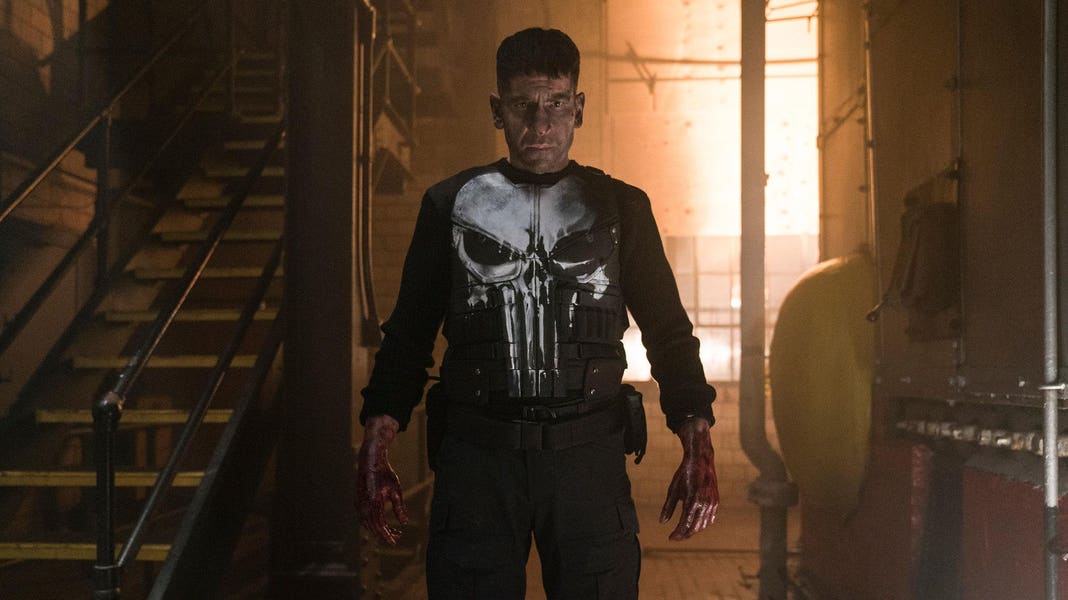
The Olympic Mystery: Why Was Candace Parker Left Off the 2016 Team?
Candace Parker. The name itself conjures images of grace, power, and undeniable basketball prowess. A legend in the making, she was, without a doubt, at the peak of her career in 2016. That’s why the basketball world was stunned when she was conspicuously absent from the 2016 Olympic team. It was a head-scratcher of epic proportions. No one could understand or anticipate her absence. The question on everyone’s mind was the same: Why? What possible reason could there be to exclude such a dominant force from representing her country on the world’s biggest stage? Was there a scandal? A secret injury? A personal conflict that spilled onto the court? The possibilities swirled, each more perplexing than the last.
The rumor mill went into overdrive. Whispers of disagreements with coaches, speculation about personal issues, and even outlandish theories about political maneuvering within USA Basketball circulated like wildfire. It felt like a mystery novel, with clues scattered and no clear resolution in sight. However, the most persistent and perhaps the most intriguing explanation came from Parker herself and a growing number of observers: a deeply rooted and long-standing rivalry between Parker and the team’s coach, Geno Auriemma.
The Auriemma Factor: A Clash of Titans?
Geno Auriemma, the name synonymous with UConn women’s basketball, a program he built into a dynasty. His success is undeniable, his influence unparalleled. But could his legendary status and competitive fire have led to a personal bias that influenced his coaching decisions on the Olympic stage? This is the question that looms large over the Candace Parker Olympic snub. But why would Auriemma dislike Parker so much? The theory suggests that Parker’s allegiance to the University of Tennessee, UConn’s fiercest rival, fueled Auriemma’s decision. Auriemma’s alleged bias raises legitimate concerns about fairness and objectivity in team selection. Should personal feelings and rivalries trump talent and performance when it comes to representing the United States in the Olympics?
Parker’s absence from the 2016 Olympic team continues to spark debate. It highlights the complexities of team dynamics, coaching decisions, and the potential for personal biases to influence even the highest levels of athletic competition. It’s a reminder that even in the world of sports, where meritocracy is supposed to reign supreme, human emotions and long-standing rivalries can play a significant role in shaping outcomes.
Tennessee vs. UConn: The Seeds of Discontent
The heart of this alleged beef lies in the intense rivalry between the University of Tennessee and the University of Connecticut (UConn) women’s basketball programs. For years, these two powerhouses battled for supremacy, producing some of the most memorable and fiercely contested games in the sport’s history. Candace Parker, a Tennessee Volunteer through and through, became a symbol of that rivalry. She embodied the spirit of competition and the unwavering determination to defeat UConn. She became the antithesis to Auriemma’s UConn dynasty, the embodiment of the opposition, a constant reminder of the battles fought and the victories won (and lost) on the court.
The fact that Parker didn’t play for UConn, unlike many other WNBA stars who thrived under Auriemma’s tutelage, further fueled the perception of a divide. It’s not uncommon for coaches to favor players they know and trust, those who have come up through their system. This familiarity can breed a sense of loyalty and understanding that extends beyond the court. Parker, as an outsider to the UConn system, may have been viewed differently, perhaps even with a degree of suspicion or reservation.
The 2012 London Olympics: A Foreshadowing of Things to Come?
The 2012 London Olympics offered a glimpse into the potential tension between Parker and Auriemma. Despite being on the team, Parker’s playing time was limited, and she often found herself on the bench during crucial moments. Why? Was it a strategic decision based on matchups and game flow, or was it a deliberate attempt to sideline a player Auriemma didn’t fully trust or value? This is a question that continues to linger in the minds of many basketball fans and analysts. Parker’s limited role in 2012 raised eyebrows and fueled speculation about a strained relationship with Auriemma. It was as though she was being kept at arm’s length, never fully integrated into the team’s core strategy.
While the team ultimately won gold, the questions surrounding Parker’s usage persisted. It felt like a missed opportunity, a squandered chance to fully utilize one of the game’s brightest stars. The 2012 Olympics became a foreshadowing of the even more controversial decision that would come in 2016. It was a sign that Parker’s relationship with Auriemma was perhaps more complicated and fraught with tension than anyone realized.
The Aftermath: Lingering Questions and a Legacy of Greatness
The decision to leave Candace Parker off the 2016 Olympic team remains a controversial topic. It sparked outrage among fans and analysts, who questioned the fairness and objectivity of the selection process. Even now, years later, the debate continues, with many believing that Parker was unjustly denied the opportunity to represent her country on the world’s biggest stage. Regardless of the reasons behind her exclusion, Candace Parker’s legacy as one of the greatest basketball players of all time remains untarnished. Her accomplishments speak for themselves, and her impact on the game is undeniable. She has inspired countless young athletes and continues to be a role model for aspiring basketball players around the world.
While the Olympic snub may always be a blemish on her otherwise stellar career, it does not define her. Parker’s resilience, determination, and unwavering passion for the game have allowed her to overcome adversity and continue to excel both on and off the court. She has proven that greatness cannot be denied, and that even in the face of disappointment, one can still achieve remarkable things. The Candace Parker Olympic saga serves as a reminder that even in the world of sports, where competition is fierce and emotions run high, personal biases and rivalries can sometimes overshadow talent and merit. It’s a complex issue with no easy answers, and it continues to spark debate and discussion among basketball fans and analysts alike. Despite everything, Parker’s Olympic snub is a testament to her unwavering spirit and her enduring impact on the game. She has become a symbol of perseverance, proving that even in the face of adversity, true greatness will always shine through.



